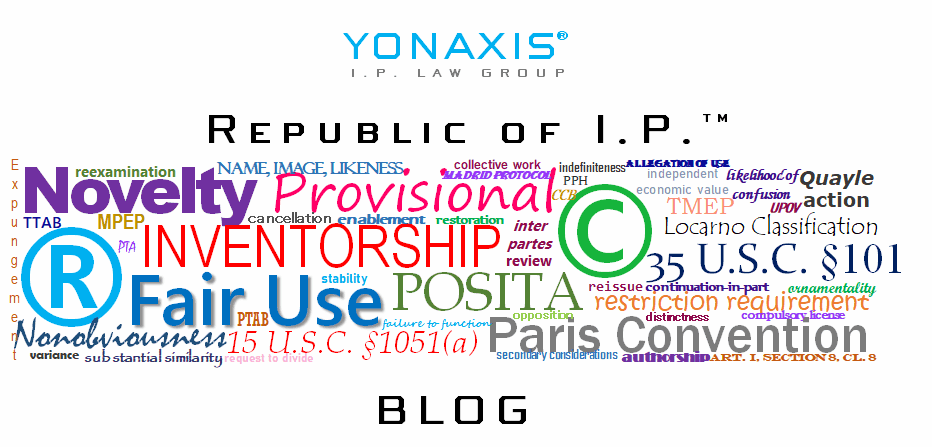In order to clarify policy-related issues involving artificial intelligence and the copyright law issue of authorship, the U.S. Copyright Office, on March 16, 2023, commenced an AI initiative. Included in this initiative was new registration guidance (to be codified as 37 C.F.R. §202) aimed at assisting practitioners and industry members on protection of creative works …
Category: copyright
Copyright Office Partially Cancels AI-Created Work
On February 21, 2023, the U.S. Copyright Office issued an unusual ruling partially cancelling the copyright registration originally issued in September 2022, essentially cancelling any part of the work made by an AI machine. A new registration will be re-issued as to the portions in which the human authorship was confirmed, including the selection, coordination, …
Fair Use Not Found in Foreign Judgment Case
In the runup to the issuance of the U.S. Supreme Court opinion in Andy Warhol Foundation for the Visual Arts, Inc. v. Goldsmith,[1] which is due sometime in the spring 2023, which will deal with the major issue of transformative use as part of first factor in the four-factor test for fair use under U.S. …
New Copyright Claims Board to Accept Claims
The U.S. Copyright Office announced that it will begin accepting claims at the newly-created Copyright Claims Board (CCB), today, June 16, 2022. The CCB is the small claims tribunal at the Copyright Office created as part of the CASE Act, and is an attempt to provide a lower cost option for copyright holders to seek …
Spread Some LOVE . . . Or Not
Today, May 1, is Global Love Day. To commemorate the day, we spotlight ”love,” specifically the trademark registrations and copyright applications for LOVE. Registrant At World Properties, LLC, a real estate brokerage company based in Chicago, Illinois, registered two marks with the USPTO, one each stylized trademark and service mark for LOVE®. The first …
Dark Horse No Joyful Noise to Ears of 9th Circuit
On March 10, 2022, the Court of Appeals for the Ninth Circuit held in Gray v. Hudson,[1] that an eight-note ostinato allegedly copied by defendants lacked originality to warrant copyright protection, affirming a district court ruling. Plaintiffs Marcus Gray (aka Flame), Emanuel Lambert, and Chilke Ojukwu form the three-member Christian hip-hop group known as Joyful …
Ukrpatent Is, Amazingly, Still Operating
As news of the Russian invasion of Ukraine happened last week, the Ukraine State Intellectual Property Institute, or Ukrpatent, announced that it is, in fact, still operating on full-time “providing all the necessary functions and continuous operation of the state system of legal protection of intellectual property.” The Ukrpatent office is located in downtown Kyiv, …
In U.S., Only Humans Can Be Inventors or Creators
In the U.S., patents are issued to inventors and copyrights are registered to authors. Artificial intelligence (AI) has been gaining traction in automation of business processes, creating more efficient applications, and gathering of data analysis. However, as seen with the recent U.S. Copyright Office’s recent Copyright Review Board’s (CRB) decision demonstrates that under U.S. copyright …
Senator Requests Study on Uniting Federal IP Offices Into Single Office
U.S. Senator Thom Tillis (R-NC) has requested the Administrative Conference of the United States, the federal agency tasked with making federal functions more efficient, to conduct a study into the feasibility of having a unified, singular federal office devoted to intellectual property, combining the registration and prosecution functions currently handled by both the United States …
Presidential Inauguration Day
This is something trivial, but important to the daily IP practice. Consistent with 5 U.S.C. §6103(c), which deems “January 20 of each fourth year after 1965, Inauguration Day, is a legal public holiday . . . . ,” the USPTO is closed. The Copyright Office is also closed for the presidential inauguration. Any deadlines that …
